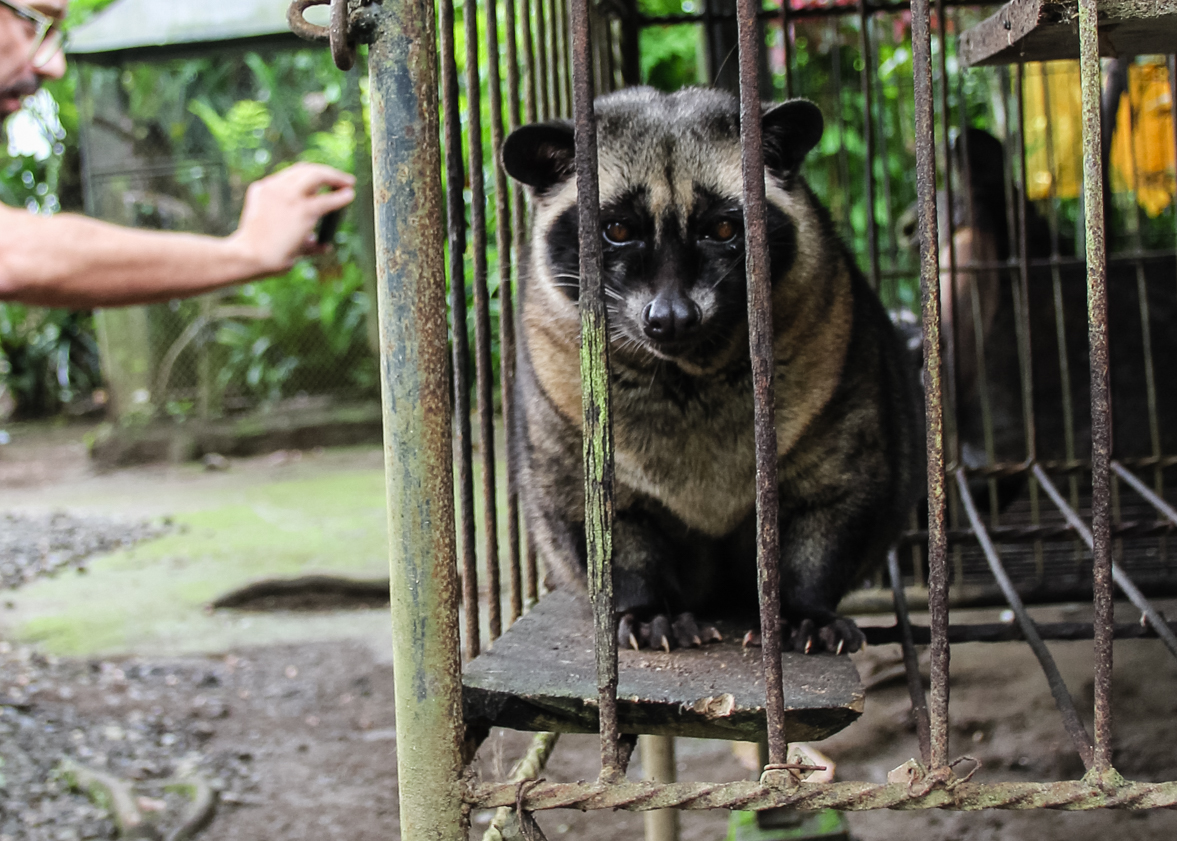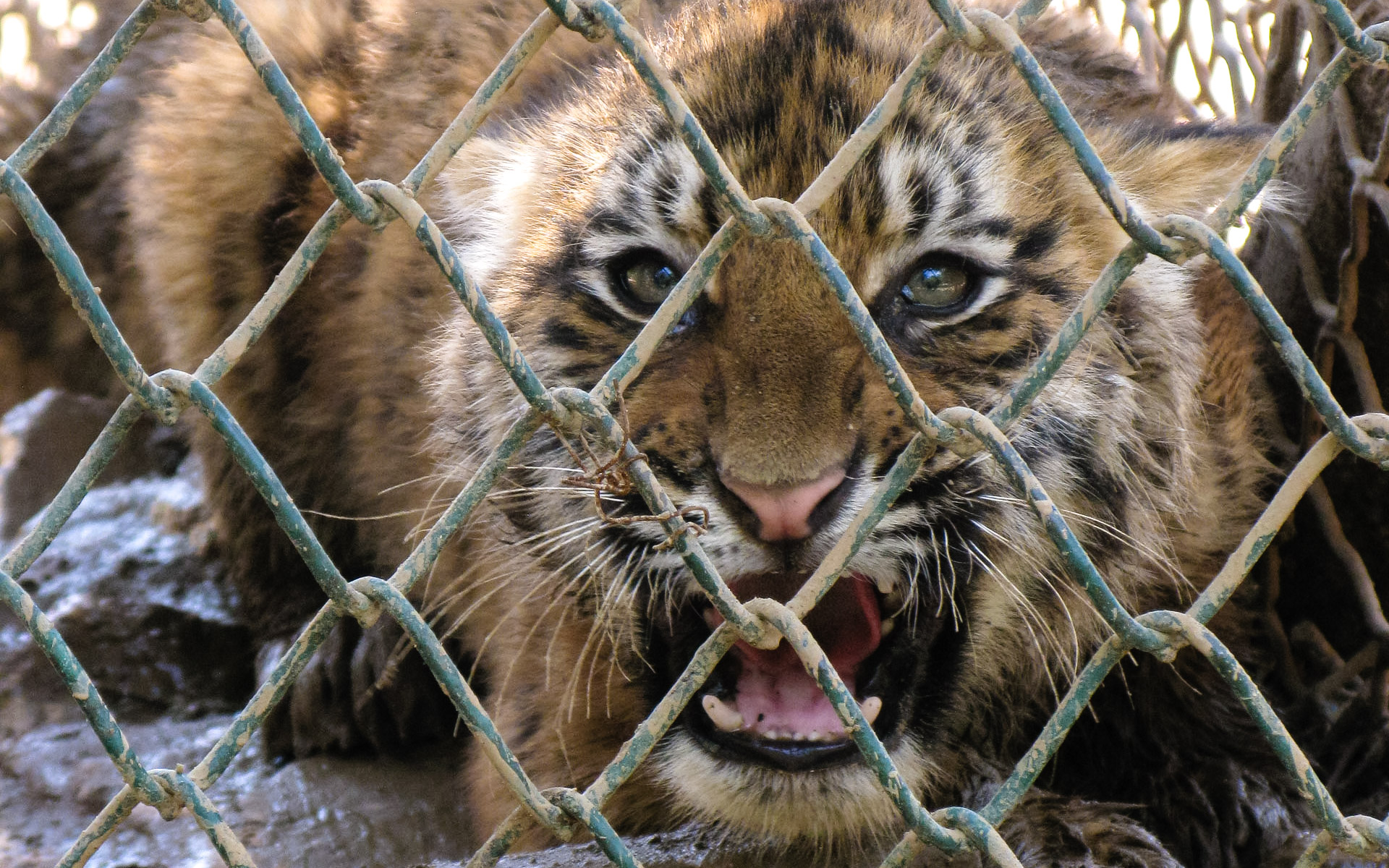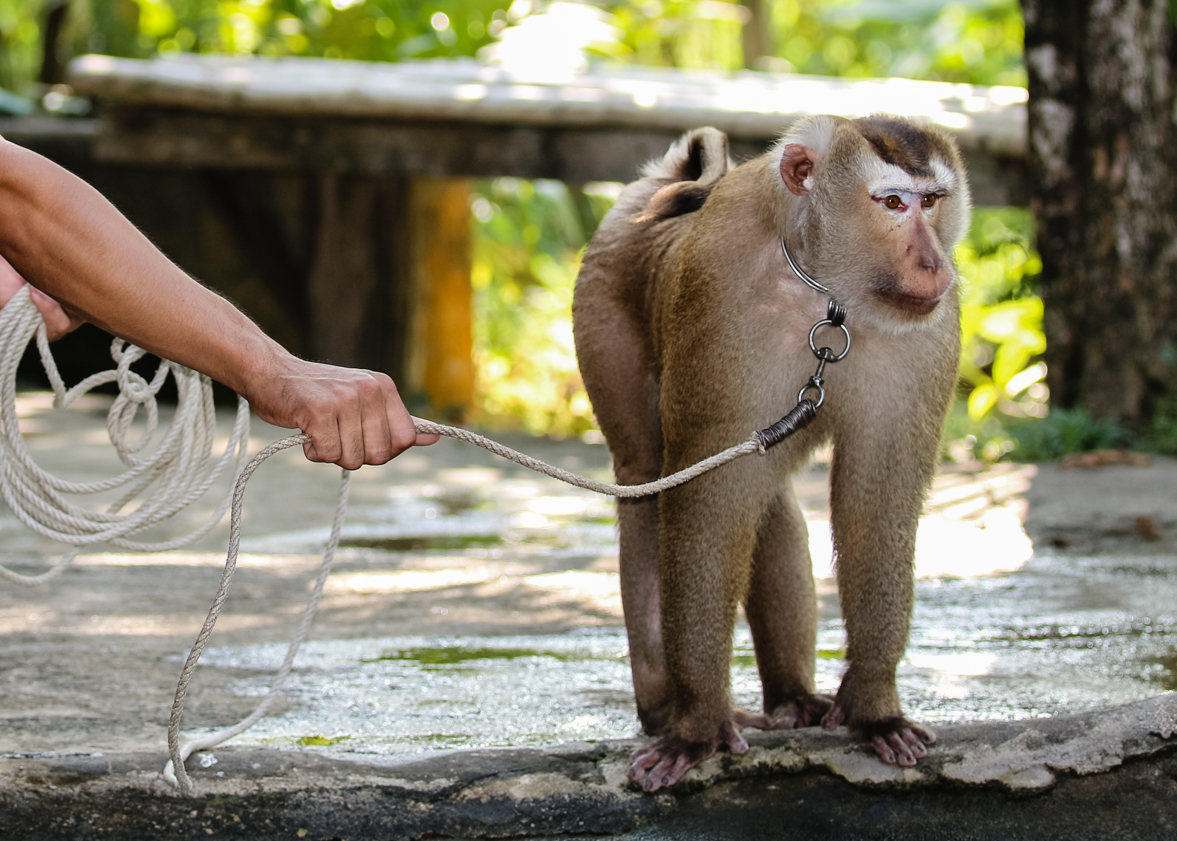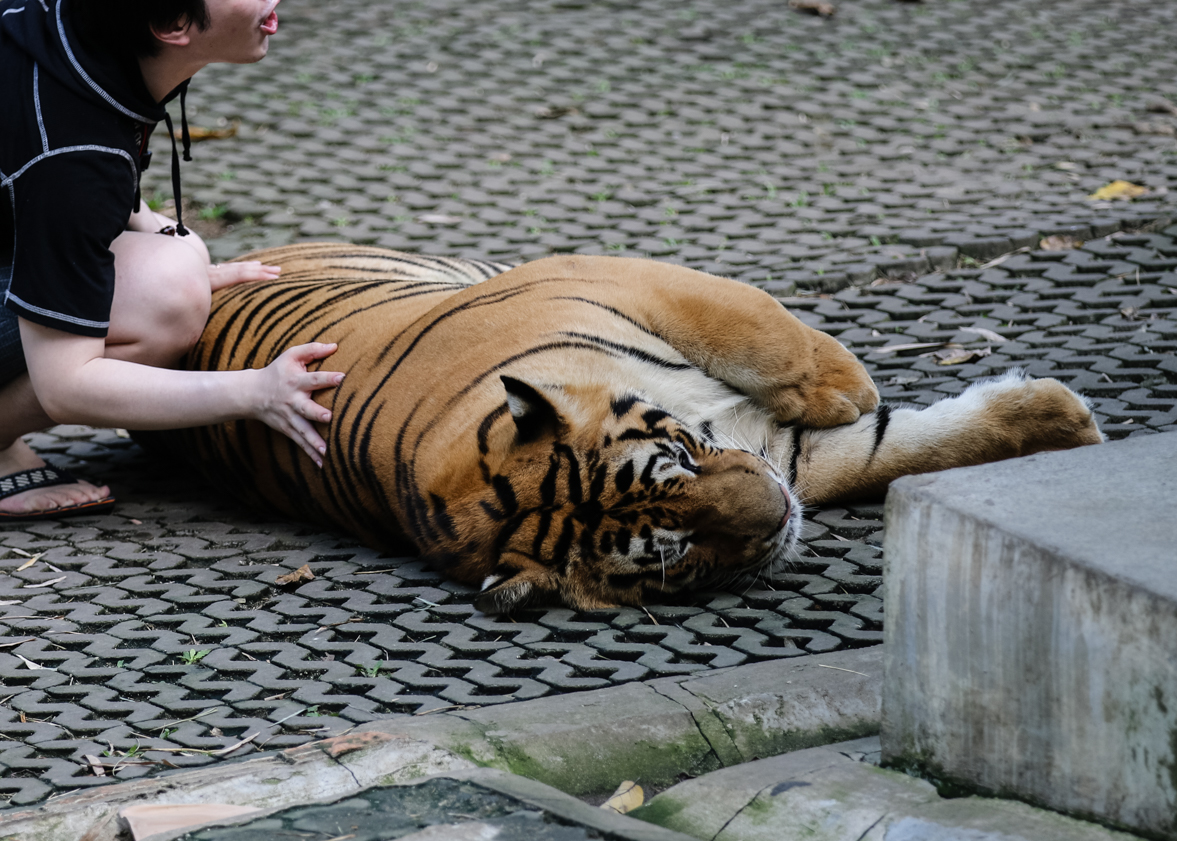News
David Macdonald welcomes a new partnership for WildCRU and congratulates TripAdvisor on their sector-leading commitment to wild animal welfare and conservation
Tom Moorhouse and I were thrilled at the large international response to our paper, which was published exactly a year ago, exploring the impacts of tourism on wild animals (‘The Customer Isn’t Always Right—Conservation and Animal Welfare Implications of the Increasing Demand for Wildlife Tourism’) – it has since been read nearly 8,000 times, 2,000 of which were in the first month alone. Tom and I, together with our co-authors Neil D’Cruze, Sandra Baker and Cecilia Dahlsjö were sure we were onto something important: tourist attractions involving wildlife are a huge global business, but no study had ever attempted a global audit of the impacts – positive or negative – on animal welfare or species conservation. Our work showed that there were substantial problems with the industry, but also that the industry had an enormous opportunity, while getting its house in order, to do immense good for animal welfare and conservation. The magnitude of the audience of engaged citizens is mind-boggling: TripAdvisor reaches 350 million unique visitors every month, all of whom could be influenced for the better.
We are therefore delighted that today saw the announcement by TripAdvisor, the world’s largest travel site, that it plans two radical steps towards ensuring that tourism can become a greater force for conservation and a lesser force for the exploitation of wild animals. First, TripAdvisor and its Viator brand will discontinue selling tickets for specific tourism experiences where travellers come into physical contact with captive wild animals or endangered species. Second, TripAdvisor is developing an education portal linked to every animal attraction listing on TripAdvisor, the aim being to provide links and information on the animal welfare and conservation implications of wildlife tourism.
In congratulating TripAdvisor on this initiative, I am pleased to announce that WildCRU has agreed to partner with them. What will this mean? In the first instance it means that Tom Moorhouse and I will be writing short articles for the Portal to inform and guide travellers about the likely impact of their custom on the wildlife held at, or sourced for, tourist attractions. Perhaps even more excitingly, in terms of the potential to change people’s behaviour for the betterment of both wildlife conservation and animal welfare, we will develop with TripAdvisor research strands on information and consumer choice, investigating ways to inform consumer behaviour to facilitate beneficial outcomes. TripAdvisor has published a list of its plans and new partners http://www.nasdaq.com/press-release/tripadvisor-announces-commitment-to-improve-wildlife-welfare-standards-in-tourism-with-20161011-01040
In the accompanying Press Statement, both Tom and I offered comments:
Professor David Macdonald, founding Director of Oxford University’s WildCRU, said “The tip of the iceberg, conspicuous above the water, is the welfare of wild animals in tourist attractions, but hidden beneath the metaphorical waterline can be a huge cascade of effects on the welfare of animals in the wild, from which specimens may be taken, and the far-reaching impacts on their conservation. If our involvement in TripAdvisor’s education portal can help us inform millions of tourists about the likely impact of their choices on wildlife conservation, WildCRU will be proud; beyond informing them, if we can contribute to driving change in the industry to improve conservation standards in tourism, we will be even more proud. We at WildCRU are professional researchers, and we are especially excited about using our analytical skills to collaborate with colleagues at TripAdvisor to research how the education portal affects behavior change and conservation outcomes.” Dr. Tom Moorhouse, a senior researcher at WildCRU added, “We are convinced that research into the choices of tourists and their impacts on the welfare and conservation of wild animals is a powerful tool for enabling tourism to deliver greater benefits for wildlife.”
-
 © Neil D'Cruze
© Neil D'Cruze -
 Copyright Neil D'Cruze
Copyright Neil D'Cruze -
 © Neil d'Cruze
© Neil d'Cruze -
 Copyright Neil D'Cruze
Copyright Neil D'Cruze





